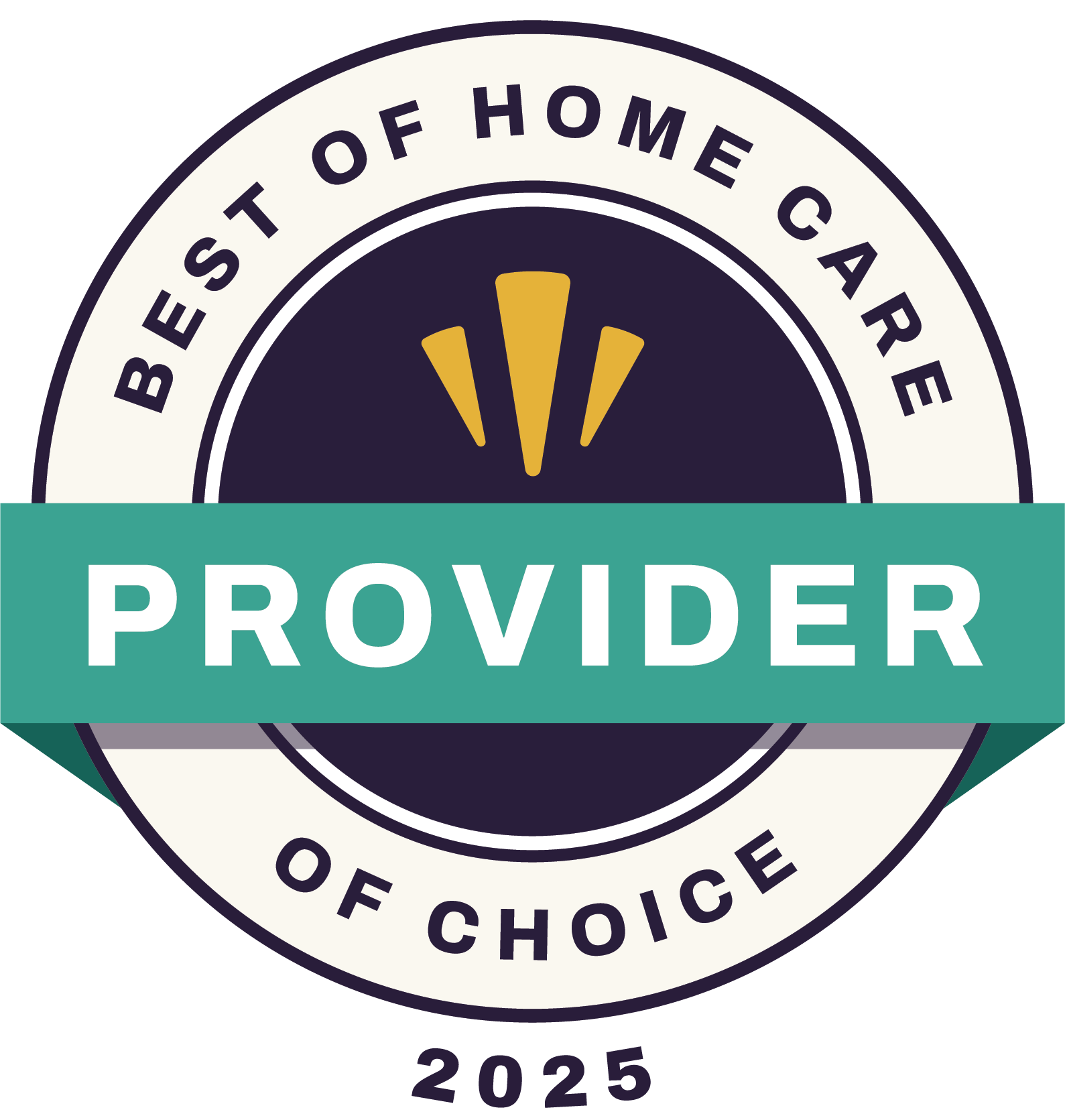Understanding Osteoporosis and the Aging Process
Osteoporosis is a bone disease that causes bones to lose density and strength, making them more likely to fracture. This condition affects about 10 million Americans over age 50; by 2022, it will affect an estimated 20 million Americans. Osteoporosis can strike both men and women but is most common in post-menopausal women.
What Is Osteoporosis?
It's caused when bone cells are damaged or destroyed faster than they're being made. The result is fragile, thinning bones that break more easily from everyday activities like twisting or bending, which puts some people at greater risk for osteoporotic fractures because some may not have any symptoms until after the fracture has occurred.
What Causes Osteoporosis?
Osteoporosis is caused by a combination of factors that affect bone health. These include:
Aging
Your risk for osteoporosis increases as you age, especially after menopause. Normal aging causes your bones to gradually become thinner and more porous, leading to weaker bones and an increased risk of fractures.
Gender
Women make up about 80% of all cases because women lose bone mass rapidly after menopause (usually between ages 40 and 60) due to a sudden drop in estrogen levels. Osteoporosis is also more common in white and Asian women compared with Hispanic, black, and Native American females.
Heredity
If your parents had osteoporosis, you're more likely to develop it. That's because some people are born with a tendency to lose bone mass more quickly as they age.
Lifestyle Factors
Other factors that can contribute to the development of osteoporosis include: smoking, drinking alcohol excessively, being inactive, and having a diet low in calcium and vitamin D.
What Are the Symptoms of Osteoporosis?
The most common symptom is a fracture that happens after a minor bump, twist or fall. Often, people with osteoporosis don't feel any pain in their bones until after they fracture them. Other symptoms may include:
- Back pain, which is often worse after sitting or standing for a long time
- Loss of height over time
- A stooped posture
- Difficulty in doing everyday tasks, such as getting dressed or climbing stairs
How Is Osteoporosis Diagnosed?
Your doctor will likely order a bone density test if he or she suspects you have osteoporosis. This test analyzes how much calcium and other bone-strengthening minerals are in your bones, which indicates how strong they are. Other tests your doctor may order include a urine test and blood test.
What Are the Treatments for Osteoporosis?
There is no cure for osteoporosis, but there are treatments that can help slow its progression. These treatments may include:
- Bone-strengthening medications, such as bisphosphonates and denosumab
- Hormone therapy, if you're a woman going through menopause
- Calcium and vitamin D supplements
- Regular exercise
- Quitting smoking
- Reducing alcohol intake
- If you have a fracture, your doctor may also recommend casting or bracing the area to help it heal
Can Osteoporosis Be Prevented?
Yes. You can help prevent osteoporosis by making healthy lifestyle choices, such as eating a balanced diet, getting regular exercise, and quitting smoking. You can also take bone-strengthening medications and supplements to help keep your bones healthy. Talk to your doctor about which treatments are right for you.
The Everyday Challenges of Osteoporosis
Osteoporosis can disrupt your life in many ways. You may have trouble doing everyday tasks, feeling pain or stiffness in your bones, or having a fracture that limits your mobility.
Despite these challenges, you don't have to give up hope. There are several ways to treat osteoporosis and help you live an active, fulfilling life. Work with your doctor to find the right treatment plan for you and stick to it. You'll soon be on your way to better bone health.
Managing at Home With Osteoporosis
Elite Home Health Care is a home health care agency that provides home health aides and personal care aides to seniors who need assistance with activities of daily living. Our aides are experienced and qualified to help seniors with osteoporosis stay safe and comfortable in their own homes.
If you or a loved one needs help wth activities of daily living, please contact us today. We would be happy to help!
Written by: Leah Ganz
Leah Ganz, RN, BSN is the Director of Patient Services at Elite Home Health Care. She has an extensive background in homecare and previously worked in various specialties including pediatrics, pain management and internal medicine. She oversees all patient services across Elite's departments.



